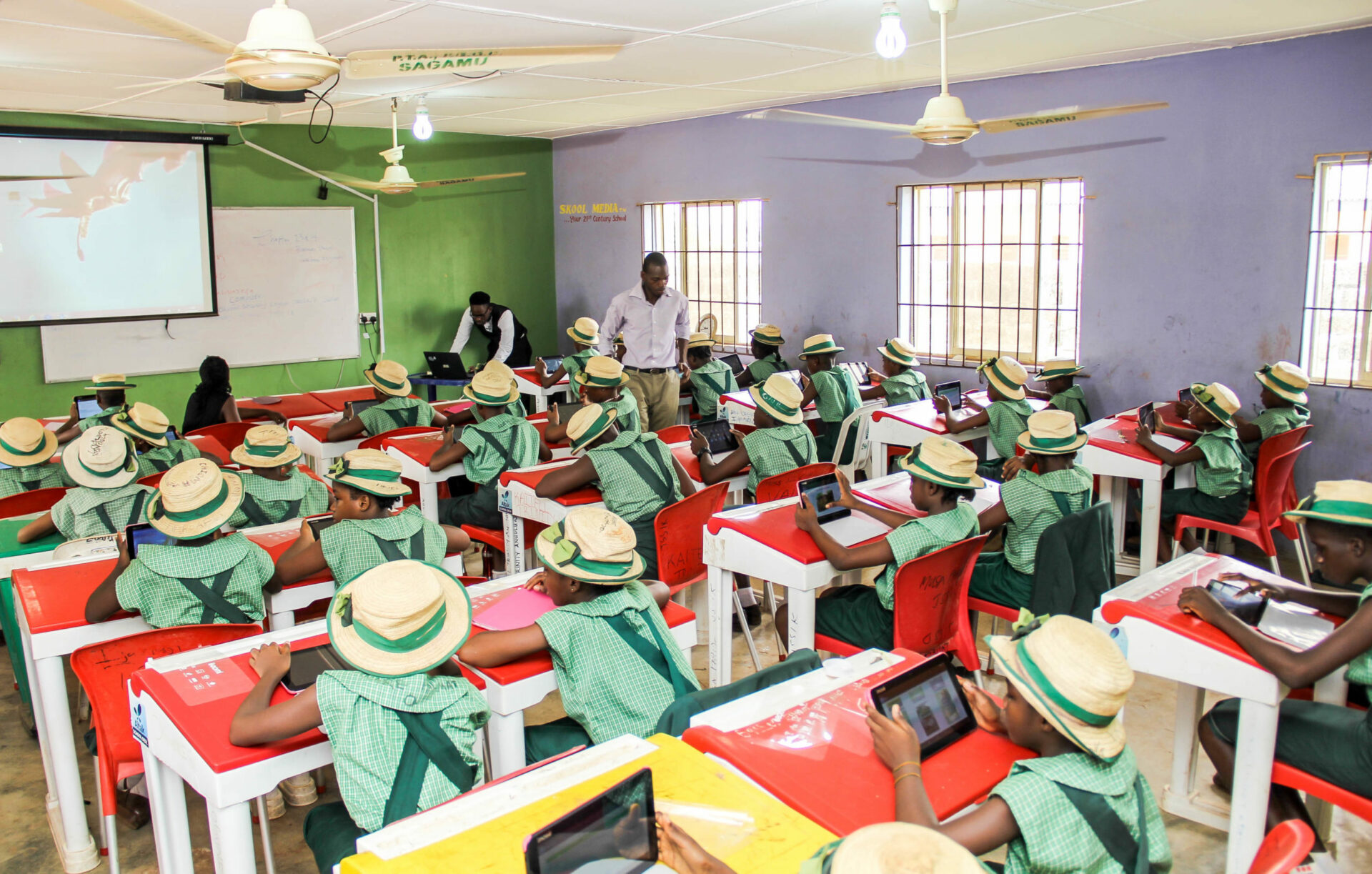Dr Ogbonnaya Onu, the Minister of Science and Technology recently announced that the federal government is making plans to teach STEM (Science, technology, engineering, and mathematics) subjects in indigenous languages to primary and secondary school students in the country. The minister said this at the inauguration of the inter-ministerial committee in teaching of Mathematics and Science subjects in Local languages, in Abuja.
This move is intended to revive the dwindling interest of students in STEM subjects by helping them understand mathematics and science subjects better. Even though this may sound interesting, however, one cannot help but wonder how exactly the government plans to implement this and if it is relevant in a country like Nigeria.
Nigeria is a diverse nation with over 250 ethnic groups and about 500 different languages. A typical Nigerian class is made up of a mixture of students from different parts of the nation. So even if STEM subjects are only going to be taught in the three major languages; Igbo, Yoruba and Hausa, is the plan to have three different science lessons for students in the same class? Is this even feasible?
How about teachers from different tribes teaching in different regions in the country? Will they have to learn all the indigenous languages or does the government plan to employ new teachers that can handle this task in all the numerous primary and secondary schools in the country?
Languages are strongly linked with ethnicity and Nigeria has been plagued with ethnic rivalry since our birth. What is the point in bringing the “ndi Yoruba” and “awon Igbo” mentality that many children have to deal with in their homes to the schools? The traditional schooling system in Nigeria, where English is the only official language helps in no little way to foster peaceful interactions amongst the younger generation. Breaking up a class on a tribal basis may only fuel ethnic rivalry.
Also, does the government have plans to teach STEM subjects in all the indigenous languages in Nigeria? Or are they giving room once again, for the minority ethnic groups to feel marginalized and subjugated?
Perhaps the only way that a move like this can be reasonably implemented is if students are restricted to school in their hometown or states of origin. How will the result be any different from all the agitations caused by the Arewa youths asking the Igbos to leave the North? With continued threats to our national unity as pro-Biafrans agitate to break away from Nigeria, why introduce tribal divide to young students in schools, the future of our nation?
Still, the biggest question is if teaching STEM subjects in indigenous languages will truly boost the interest of these students. Was any research done by the government? While some students may have difficulty in the use of English, there are also others that have a good grasp of the language. For many students, especially in the urban areas, English is as indigenous as any language can get; it is practically their mother tongue.
So unless the government plans to focus this intervention on only areas that require it, it may be a waste of time and efforts. Besides, a lot of schools in remote areas already teach in native languages; whether this is truly beneficial to these students is a case for another day.
Perhaps the focus should be on teaching Nigerian students in new and creative ways that can spark their interest and refrain from using the same old teaching methods.
While we wait for the government to unveil their grand STEM education scheme for young students, we can only hope that they do not waste precious time planning another pointless education reform.
Feature image credit: Skool Media











